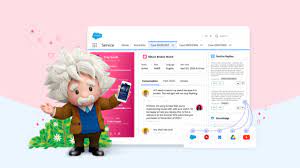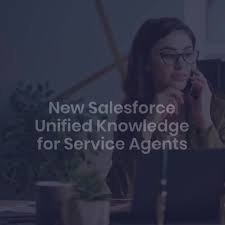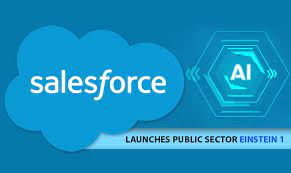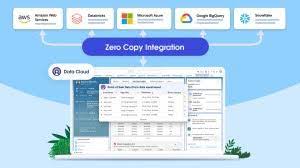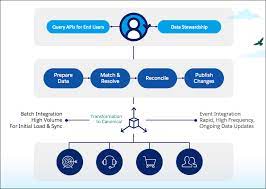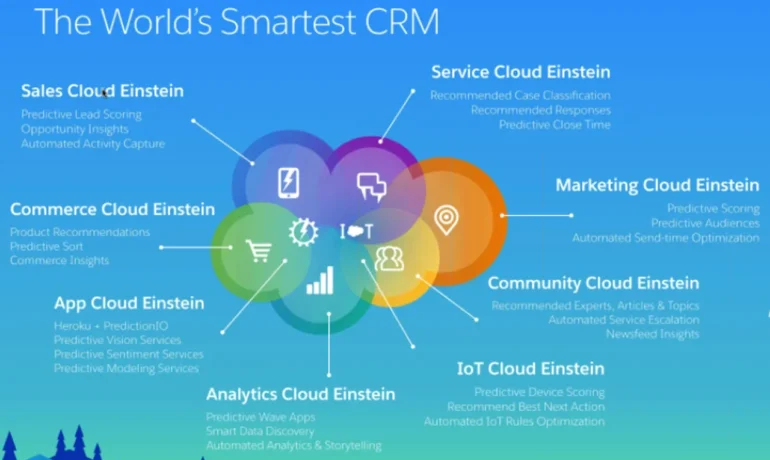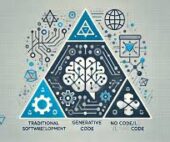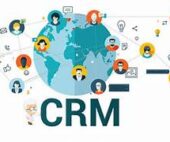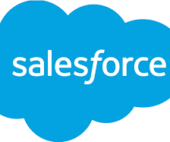Generative AI Self-Service and Unified Knowledge
Salesforce Announces Unified Knowledge to Boost Service Efficiency and Customer Experience Salesforce has introduced Unified Knowledge, a groundbreaking solution designed to integrate organizational knowledge from various third-party systems into Salesforce. This integration aims to enhance service agents’ efficiency and expedite customer case resolutions. By leveraging customer data in Salesforce Data Cloud, Unified Knowledge helps generate accurate and relevant AI-driven content, enabling faster and more personalized customer experiences. Generative AI Self-Service and Unified Knowledge. Key Importance Detailed Insights Built on the Einstein Trust Layer, Einstein for Service uses AI to boost service team productivity and customer experience. Traditionally, these AI capabilities have relied on unstructured and structured customer data within Data Cloud. Unified Knowledge enhances these AI models by incorporating Salesforce knowledge articles and resources from third-party platforms such as SharePoint, Confluence, Google Drive, and company websites. This robust data foundation empowers Einstein for Service and its generative AI capabilities to deliver precise answers to agents and AI assistants in real time. Generative AI Self-Service and Unified Knowledge Unified Knowledge, developed through a strategic partnership with Zoomin, offers several key capabilities: In addition to Service Cloud, Unified Knowledge integrates information into Salesforce Field Service, Sales Cloud, Health Cloud, and Financial Services Cloud. Salesforce’s Perspective Kishan Chetan, EVP and GM of Service Cloud, stated, “In service, more knowledge and more context translates to better answers for agents and customers. Agents and self-serve customers already benefit from a complete customer profile with information in Data Cloud. Now, with Unified Knowledge, they also have access to all external organizational data, creating a truly comprehensive foundation to fuel both the successful adoption of generative AI and the delivery of faster, more meaningful customer experiences.” Customer Reaction Dharam Rai, VP of Global Customer Success & Experience at Sonos, commented, “Unified Knowledge is helping us deliver proactive, predictive, and preventative service to our customers. We have over 500 agents educating our customers on different aspects of our products. Now, all our resources and data points can be unified through the same system quickly, enabling our agents to provide solutions faster. Every agent can deliver consistent and repeatable service to improve customer engagement and increase organizational productivity.” Availability Unified Knowledge is available today in open beta for Salesforce customers with Service Cloud Unlimited Edition, Einstein 1 Service Edition, or the Knowledge Add-On. Knowledge Answers in Bots will be generally available in June 2024, while Einstein Copilot for Mobile Workers and Search Answers are available now. Like1 Related Posts Salesforce OEM AppExchange Expanding its reach beyond CRM, Salesforce.com has launched a new service called AppExchange OEM Edition, aimed at non-CRM service providers. Read more The Salesforce Story In Marc Benioff’s own words How did salesforce.com grow from a start up in a rented apartment into the world’s Read more Salesforce Jigsaw Salesforce.com, a prominent figure in cloud computing, has finalized a deal to acquire Jigsaw, a wiki-style business contact database, for Read more Health Cloud Brings Healthcare Transformation Following swiftly after last week’s successful launch of Financial Services Cloud, Salesforce has announced the second installment in its series Read more

